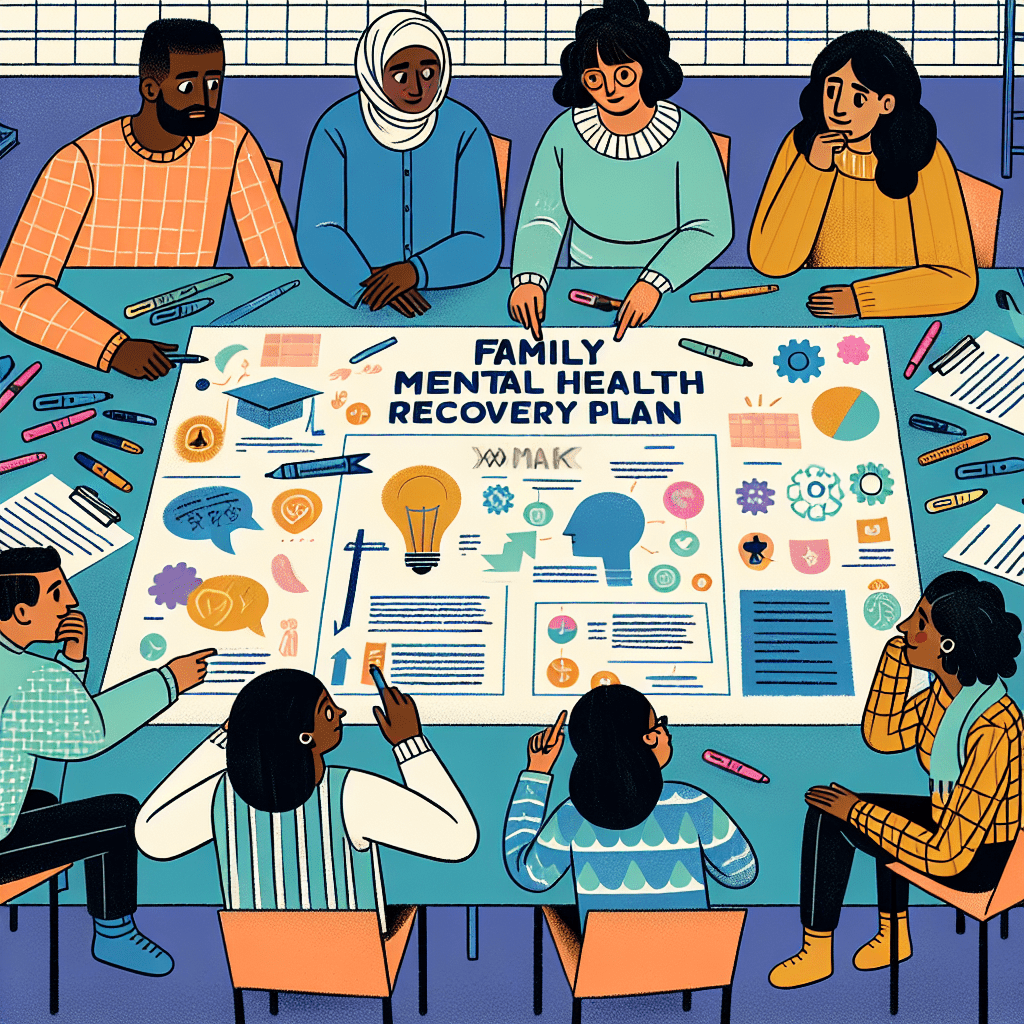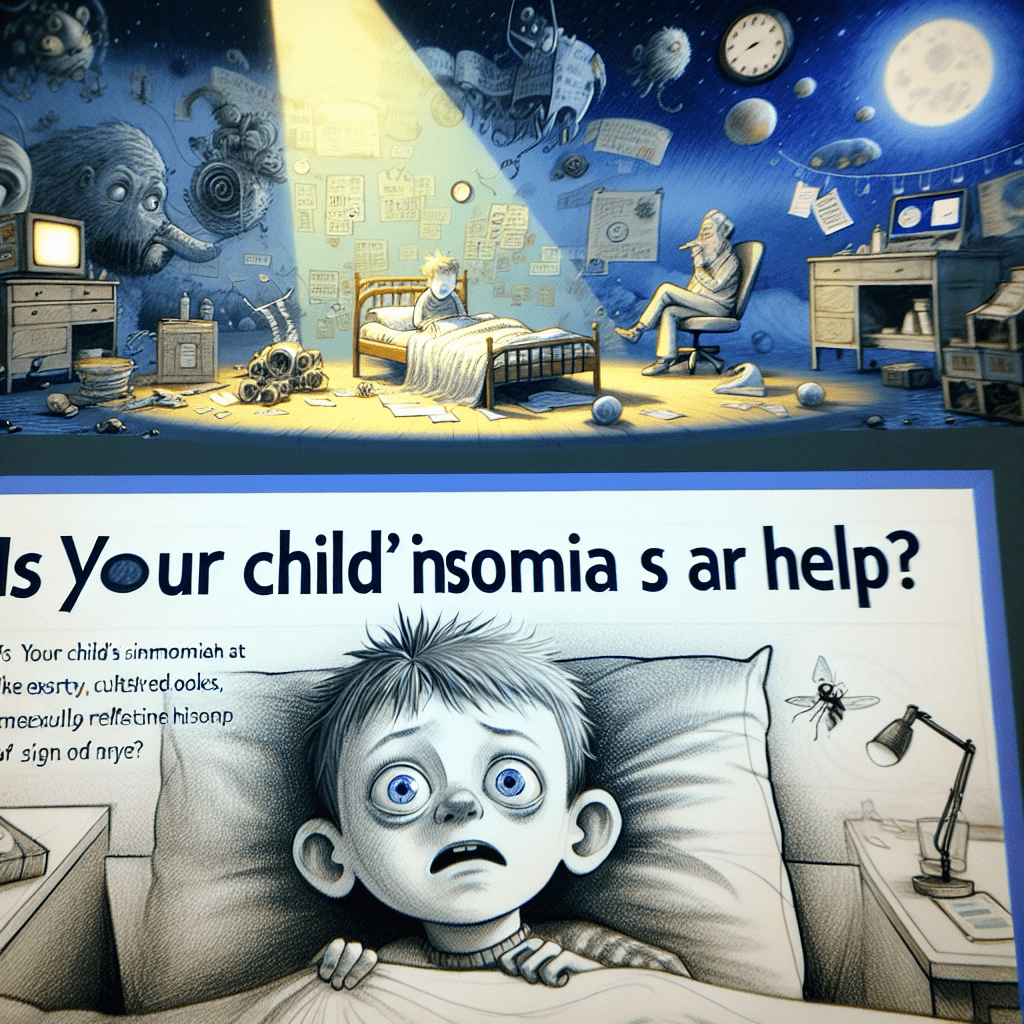Get your free Book Here

Creating a mental health recovery plan can empower families to support one another during challenging times. By addressing mental wellness as a collective effort, families can foster an environment that emphasizes hope, strength, and solidarity. This guide aims to provide a comprehensive resource for crafting a mental health recovery plan tailored to your family’s unique needs.
Overview of a Family Mental Health Recovery Plan
A mental health recovery plan outlines strategies to help family members cope with emotional and psychological challenges. This blueprint serves as a proactive measure that enhances understanding, communication, and support within the family unit. By working together on this plan, families can equip themselves with the tools necessary for emotional resilience and connection. The process often includes setting goals, identifying warning signs, and establishing coping strategies.
Why a Family Mental Health Recovery Plan?
Families face various stressors that can impact mental health, including financial issues, changing dynamics, and unexpected life events. Understanding why a recovery plan is essential can illuminate its value:
- Promotes Understanding: Encourages open conversations about feelings and mental health.
- Strengthens Bonds: Fosters a sense of teamwork and solidarity in navigating challenges.
- Enhances Coping Skills: Provides practical tools for managing stress and anxiety.
These benefits underscore the significance of building resilience together within the family framework.
Who is Involved in the Process?
Crafting a family mental health recovery plan is a shared responsibility. Everyone plays a role, making the process inclusive and informative. Key participants typically include:
- Parents: Central figures guiding discussions and strategies.
- Children: Their input helps shape the plan; validating their feelings fosters trust.
- Extended Family Members: Involving grandparents or aunts/uncles can provide additional support and perspective.
Each member’s unique insights contribute to a holistic approach to mental wellness.
What Does a Family Mental Health Recovery Plan Include?
A comprehensive recovery plan typically encompasses various components that are essential for effective implementation. Key elements include:
- Goals: Set specific, achievable goals for emotional well-being.
- Action Steps: Outline practical strategies for reaching those goals.
- Coping Strategies: Identify tangible coping mechanisms tailored to each family member.
- Resources: Compile a list of local and online mental health resources.
- Emergency Contacts: Include mental health professionals and crisis hotlines to ensure immediate support.
These components work synergistically to form a robust foundation for resilience.
Where to Build Your Plan?
Creating your family mental health recovery plan can take place in a comfortable, safe environment where everyone feels free to express themselves. Consider these locations:
- Home: Set aside a dedicated time at the dining table or living room.
- Nature: A walk in the park or a day at the beach can inspire candid conversations.
- Counselor’s Office: Professional guidance can help illuminate aspects your family dynamic might overlook.
Choosing a friendly venue can make the planning process more enjoyable and productive.
When to Review and Update the Plan?
Establishing a mental health recovery plan is just the beginning. Reviewing it regularly helps adapt strategies to changing family dynamics and individual needs. Consider these moments for reflection and adjustment:
- Quarterly Reviews: Schedule seasonal family check-ins.
- After Major Life Changes: Reassess your plan following events like moves or school transitions.
- When a Family Member is Struggling: Adapt the plan when additional support is needed.
Regularly revisiting the plan ensures it remains relevant and effective.
How to Use Your Family Mental Health Recovery Plan?
Implementation requires consistency and commitment. Here are actionable steps to put your plan into practice:
- Daily Check-Ins: Create a routine of discussing feelings openly.
- Incorporate Fun Activities: Engage in family outings that promote joy and bonding.
- Use Coping Strategies: Encourage family members to practice identified strategies during tough times.
By maintaining structure, your family can navigate challenges together while growing stronger and more resilient.
Pros and Cons of a Family Mental Health Recovery Plan
Engaging in this process has notable advantages, though some challenges may arise. Here’s what to consider:
Pros:
- Encourages open communication about mental health.
- Fosters unity and understanding within the family.
- Provides practical coping tools for immediate use.
Cons:
- Emotional discomfort may arise during discussions.
- Commitment to regular reviews might require additional effort.
- Certain family dynamics might complicate open dialogue.
Being aware of these aspects can help families navigate potential obstacles.
Similar Tools and Resources
Many resources complement a family mental health recovery plan. Consider exploring:
- Therapeutic Apps: Many apps focus on mindfulness, meditation, and emotional regulation.
- Books on Family Dynamics: Useful readings can further clarify roles and enhance communication skills.
- Support Groups: Connecting with other families can provide insights and encouragement.
These alternatives can bolster your recovery plan with additional support and tools.
Opinions and Best Practices
Collecting experiences from other families offers valuable insights. Here’s what some families have found useful:
- Flexibility is Key: Adjust plans as needs evolve; rigidity can create resistance.
- Celebrate Success: Acknowledge emotional milestones and progress, big or small.
- Model Behavior: Parents should demonstrate open discussions about mental wellness; children benefit from seeing this behavior firsthand.
Such best practices can enhance the effectiveness of your recovery plan.
FAQs
1. Why is a family mental health recovery plan necessary?
A recovery plan fosters communication and support among family members, promoting emotional resilience.
2. Who should participate in creating the plan?
All family members should contribute to the plan, ensuring everyone’s voice is heard.
3. How often should we review our recovery plan?
Aim for quarterly reviews or whenever significant changes occur in the family.
4. Can we involve outside help in crafting the plan?
Yes, mental health professionals can provide guidance and structure to the planning process.
5. What if a family member refuses to participate?
Encouraging dialogue is crucial; consider having a one-on-one conversation to understand their perspective.
Instantly Access Your FREE Children’s Books Here!
Disclaimer: As an Amazon Associate, I earn from qualifying purchases. I may earn a commission from qualifying purchases as an affiliate. Please note that I only recommend products I believe will provide value to my readers.







